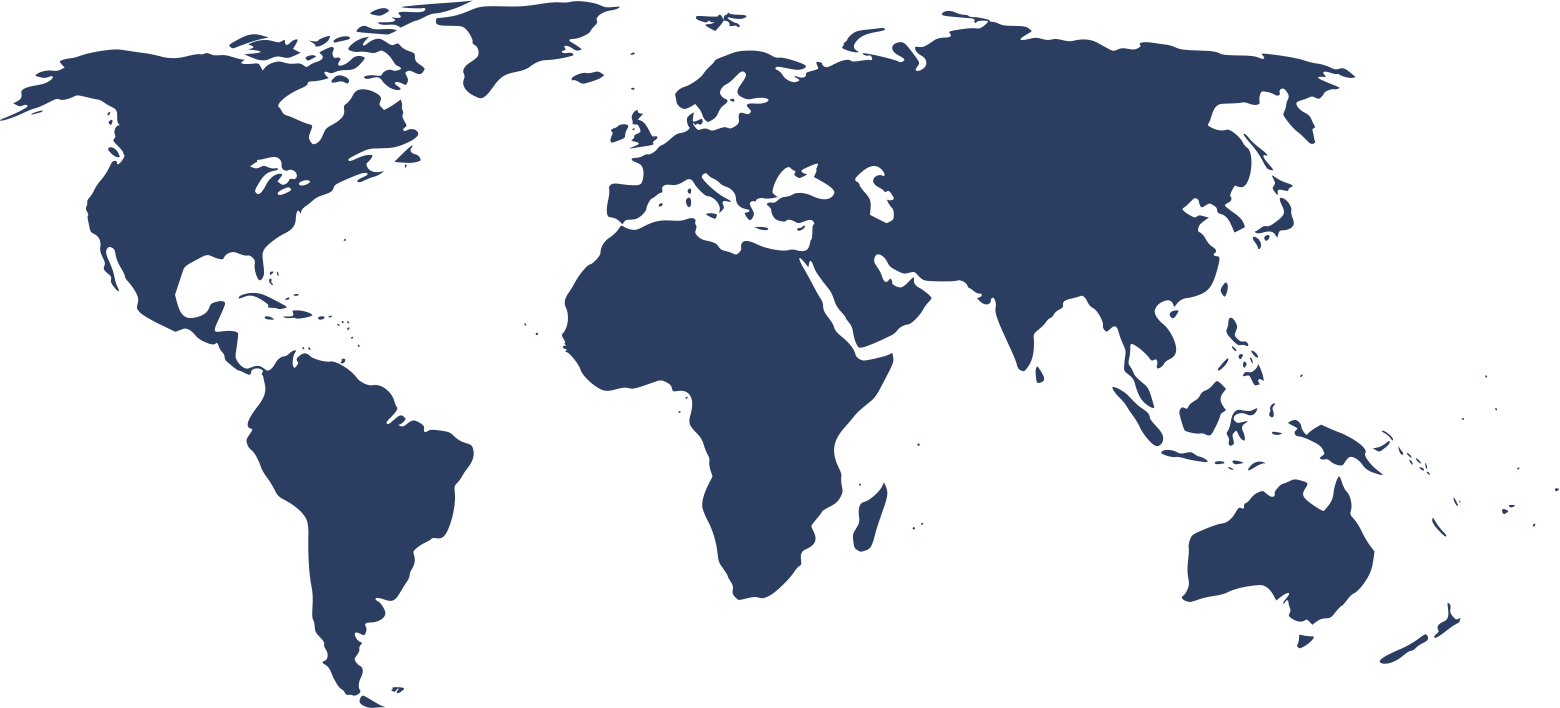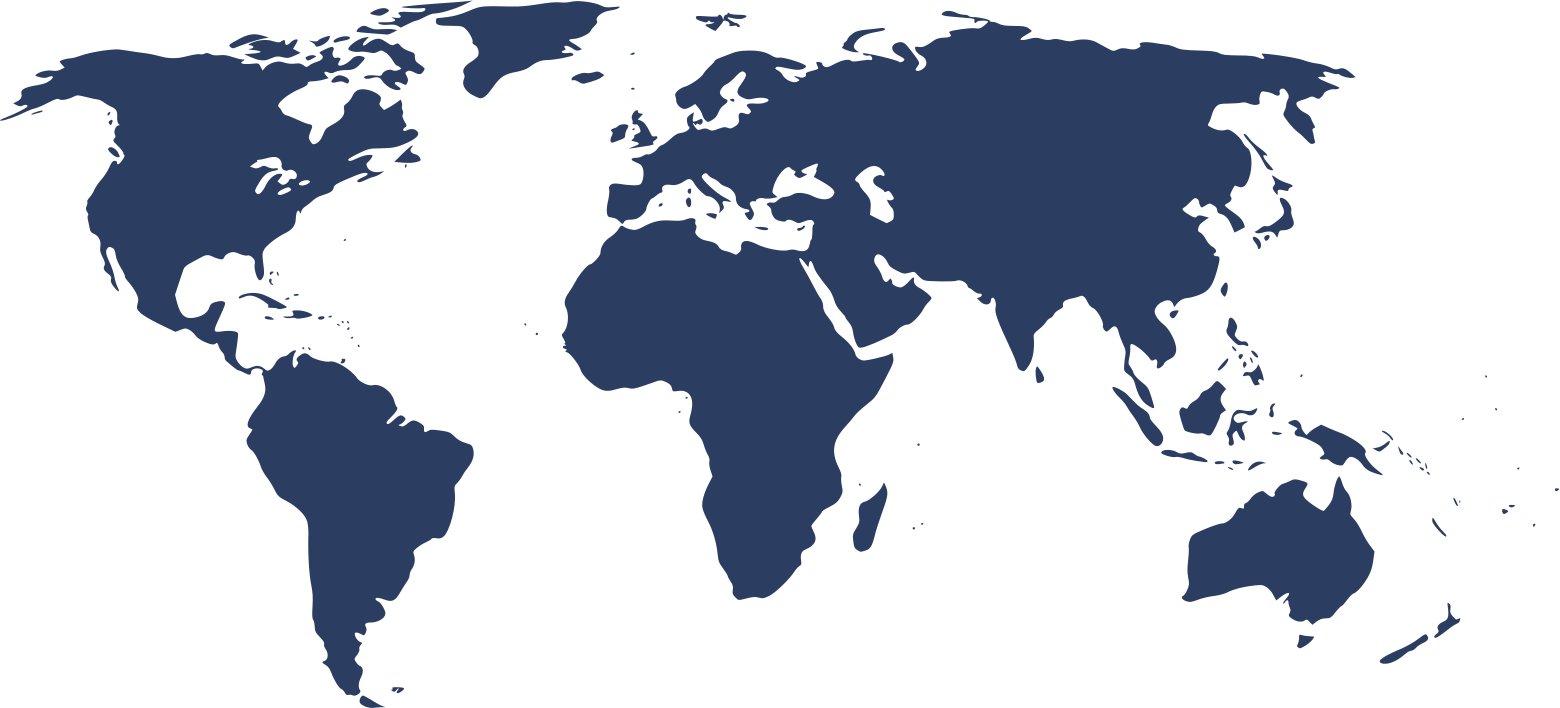Bangladesh's tax regulations and social insurance laws can be difficult to navigate—especially for foreign companies. Aniday's outsourced payroll services in Bangladesh ensure you remain compliant with Bangladesh's Labor Code and tax regulations, while freeing your team from administrative burdens.


Payroll Outsourcing is the delegation of your company's monthly salary, tax, and social insurance processing to a service provider. With Aniday, we manage employee compensation, tax filings, mandatory contributions (Provident Fund, gratuity), Workers' Profit Participation Fund (WPPF), payslips, and compliance reporting on your behalf in full accordance with Bangladesh's Labor Code.
Stay updated and fully compliant with Bangladesh's complex labor code, PIT regulations, provident fund requirements, and WPPF contributions, reducing legal risks for your business.
Benefit from precise payroll calculations, ensuring correct Personal Income Tax withholding, provident fund contributions (7-8%), and gratuity accruals for every employee.
Timely wage payments (within 7 working days), accurate tax filings, and proper WPPF contributions help you avoid costly penalties and maintain a strong reputation with Bangladesh authorities.
Leverage secure, automated payroll systems to ensure data privacy and consistent, error-free payroll processing with proper handling of overtime, leave encashment, and maternity benefits.
Provide employees with clear, bilingual payslips and responsive support, enhancing satisfaction and transparency while complying with local documentation requirements.
Receive updated payroll inputs including attendance, overtime, leave, and any bonuses or deductions.
Gross-to-net salary calculations including PIT, provident fund (7-8%), overtime at 200% pay, leave encashment, maternity benefits, and make timely payments within 7 working days.
Multilingual payslips (English/Bengali) issued digitally with detailed breakdowns of earnings and deductions.
Monthly PIT withholding reports, provident fund contributions, annual PIT finalization, and 5% WPPF contribution (if profitable) submitted to Bangladesh tax and labor authorities.
Read real success stories and see why Aniday is trusted partner for Outsourced Payroll Services in Bangladesh.
Bangladesh payroll includes Personal Income Tax (PIT) on income above BDT 600,000/year, Provident Fund contributions (typically 7-8% each from employee and employer), gratuity accruals after 5+ years of service, and the mandatory 5% Workers' Profit Participation Fund (WPPF) for profitable companies. Aniday calculates and reports these monthly.
Monthly PIT withholding and provident fund contributions must be processed and filed. Wages must be paid within 7 working days after the wage period ends. Annual PIT finalization and WPPF contributions are handled yearly. Aniday ensures timely submissions and handles all interactions with Bangladesh authorities.
Standard working hours are 8 hours/day, 48 hours/week. Overtime is limited to up to 2 extra hours per day (maximum 60 hours/week) and must be paid at 200% of regular wages. Aniday accurately calculates overtime pay to ensure compliance with Bangladesh labor law.
Penalties can include fines for late wage payments, interest on unpaid taxes, penalties for incorrect PIT withholding or provident fund contributions, and potential audits. Non-compliance with WPPF requirements can result in additional penalties. Aniday's systems are designed to ensure full compliance and avoid such risks.
Employees earn 1 day of paid leave for every 18 days worked (~21-22 days/year). Unused leave must be encashed upon termination. Eligible female employees receive 16 weeks paid maternity leave (8 weeks before + 8 weeks after childbirth). Aniday manages all leave accruals, encashments, and maternity benefit calculations in your payroll.
WPPF is a mandatory requirement where profitable companies must contribute 5% of annual profits into a Workers' Profit Participation Fund. This is distributed to employees as per Bangladesh labor law. Aniday ensures proper calculation, contribution, and reporting of WPPF in compliance with local regulations.
